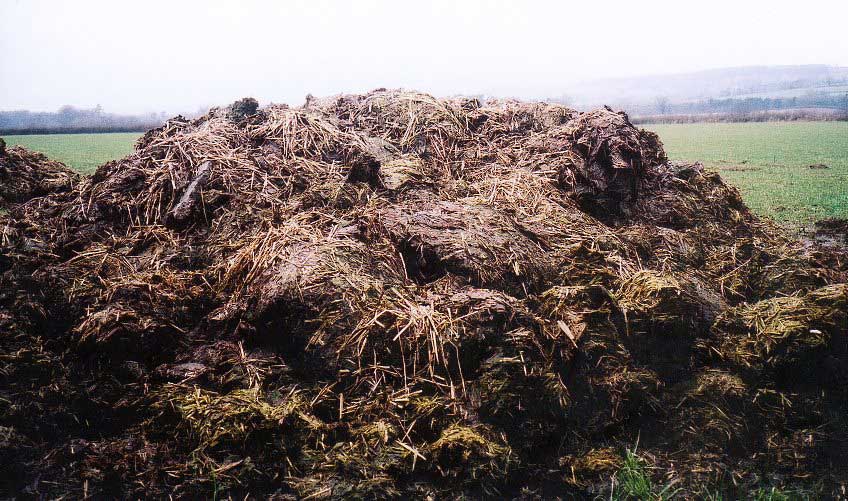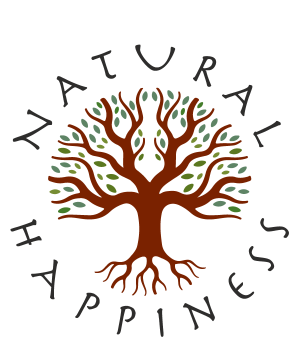Natural Happiness Seed 3: Compost Your Troubles
Imagine that you can tap into a major new source of energy and insight, that’s already within you: it’s free, abundant, and just needs a bit of effort to process it. What’s more, you’ll be creating benefits out of problems that drain energy and pollute your inner ecosystem. This is what composting offers you.

Energy for organic growth!
The ancient alchemists sought to turn base matter into gold. Composting in gardens and farms achieves this. It starts with rubbish, animal crap, rotting vegetable matter, even weeds. All this “waste”, useless in these forms, ends up as humus, highly fertile, rich in biological activity, able to renew the earth’s vitality.
Recycling your waste gives your garden a free source of energy which raises the vitality and resilience of your soil, and avoids the pollution and depletion caused by artificial fertiliser. Physical composting takes several months – but the human equivalent can happen in minutes, days or weeks. Plant and animal waste usually looks bad, and smells worse. Yet it’s a major supply of natural energy, if only we can change its form. And the same is true of human energy waste: composting this is a vital element of super-resilience.
Human Energy Waste
This may be a new idea for you, and it’s an example of how the Natural Happiness approach can help you see your life differently, and discover new resources. By human energy waste, I don’t mean car exhaust fumes or old plastic cups: I mean personal energy that’s stuck or stagnant in a negative form. Here are some examples:
Physical: stress and toxins that build up in your body, due to anxiety, unhealthy food and drink, etc.
Emotional: negative feelings like anger or depression, and unresolved conflicts.
Mental: habitual worrying, going round in circles in your mind, about big issues or everyday ones.
Inspirational: a sense of hopelessness or pointlessness about aspects of your own life and work, or the state of the world.
Most of us carry a lot of negative energy, stuck in our ecosystem. The first two steps are starting to notice it, and having faith that you can compost at least some of this into a source of positive energy.
Composting in action
There are three levels of composting you can use:
- In the moment: Try using the Quickie process below as soon as you feel upset. If someone just said something to cause this, slow the situation down: ask them to repeat it, or say ‘Give me a minute to digest that.’
- Review and reflect: A good way to maintain your resilience is by a regular review of anything that’s bugging you and sapping your energy. For this, the Seven Steps process described fully in the Natural Happiness book can help you. To do this thoroughly, you may need to intensify difficult feelings, so find a space and time where you can complete the composting.
- Professional help: if you’re facing a major upset in your personal life or your work, it may be wise to get support from a counsellor or therapist. Part of their training is in composting painful emotions, though they may not use this language.
The Quickie process below is worth memorising, so you can use it in real time when something upsets you.
Self-help Quickie: Short Composting Process
Use this while you’re in an upsetting situation, or when you don’t have much time to deal with a difficult feeling.
Start by focussing your attention in your body. Feel the weight of your feet on the floor. Look for any physical signs of tension, take note of them (such as shallow breathing, sweaty palms).
Now start breathing slowly and deeply: push on the outbreath, so you empty your lungs. Imagine you are moving your breath and your attention around your body in a circular flow, starting from where you feel most distress. See yourself breathing the difficult feelings up your spine to your head, then down the front of your body to the perineum.
As you continue this circular breathing, imagine you are converting your distress into clean, positive energy.
With practice, you can do this for a minute or two while you’re in a challenging situation. Or use it soon afterwards.
This is adapted from Chapter 3 of Alan’s book, Natural Happiness: Use Organic Gardening Skills to Cultivate Yourself.
